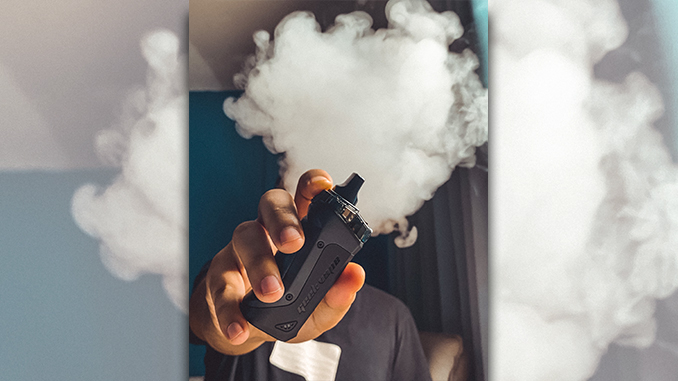
Health experts are reporting serious lung damage in people who vape, including some deaths.
Published: May 21, 2021
By: Courtesy of Children’s of Alabama
Vaping is on the rise among American teens. A recent study by “The Truth Initiative” found that 27.5% of American high school students use vape products. Susan Walley is a pediatrician at Children’s of Alabama. She says it’s very important for parents to understand the dangers of vaping and to be able to recognize e-cigarettes. E-cigarettes are battery-powered smoking devices that have cartridges filled with a liquid that contains nicotine, chemicals, and flavoring.
Walley says oftentimes teachers and parents do not even recognize the cartridges when they see them. “Juul is one of the most common e-cigarettes,” Walley says. “The device is very small and can be hidden in backpacks and pockets. It looks like a USB charger, so oftentimes when we show teachers and parents the products they say, I saw those but didn’t recognize them!” Walley adds that the nicotine in those small, liquid cartridges can be the equivalent of two packs of cigarettes.
Health experts are reporting serious lung damage in people who vape, including some deaths. Walley warns, “The facts are e-cigarettes are dangerous, particularly for youth. Thousands of people have been hospitalized with an e-cigarette or vaping-associated lung injury, also known as EVALI. These products have toxins in them that are very dangerous,” she adds.
In addition to the lung damage, nicotine is highly addictive and can slow brain development in kids and teens, and affects areas like memory, concentration, self-control, and mood. It also increases the risk of other types of addiction.
Many e-cigarette products appeal directly to young children through the use of fruit flavors, and even branding that can appear cartoon-like. Walley warns parents to be on the lookout beginning at an early age for signs of e-cigarette use. It is recommended that parents talk with their children and teens about the dangers of vaping. And if you believe your child has already started, look for programs to help them quit. It is important for parents to be engaged and tune into what their children are doing to help them stay safe.
